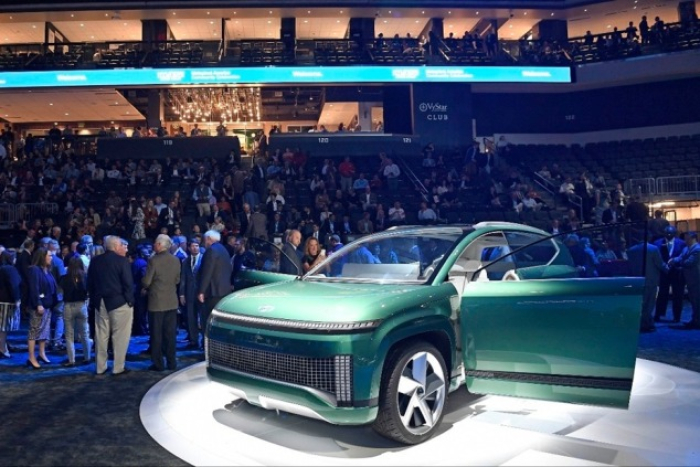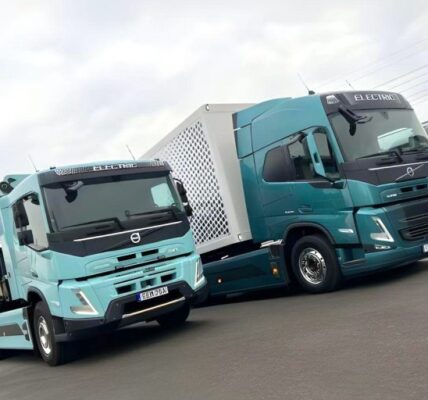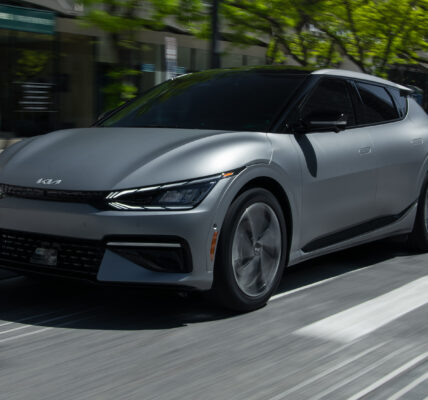Korea is expressing strong concerns over France’s proposed revision of electric vehicle (EV) subsidies as it could violate the Korea-European Union (EU) Free Trade Agreement (FTA), according to industry officials and trade experts, Wednesday.
The French government has said it is pushing to introduce new environmental regulations that assess carbon emissions throughout the entire production and transportation process of EVs to determine subsidy eligibility. This move has been raising concerns among Korean automakers because it could potentially impact Korea’s EV exports.
Korea International Trade Association’s (KITA) Brussels office and the European Korean Business Association (KBA) submitted their opinions on the draft amendment regarding the conditions for EV subsidies by the French government, Friday.
Both KITA and European KBA emphasized that the Korea-EU Free Trade Agreement obligates non-discriminatory treatment for products manufactured in both countries. However, under this draft, Korean EVs might face discrimination compared to EVs produced in France and other EU countries. They requested that discriminatory measures against Korean products be excluded in the final regulations.
In late July, the French government announced a draft amendment to the regulations regarding the conditions for EV subsidies. According to this, France intends to measure carbon emissions generated throughout the entire process of EV production, including maritime transportation, and assign an “environmental score” based on this data.
Subsidies will only be granted if the cumulative score surpasses a certain threshold. Currently, subsidies are determined based on factors such as EV prices and energy efficiency. However, the new plan aims to consider the carbon footprint of the entire value chain. The implementation is scheduled to begin after a grace period of 6 months, starting in January next year.
“In the case of carbon emissions from maritime transportation, it has been calculated to be more than 10 times higher compared to globally recognized data,” a KITA official said. “This adversely affects electric cars imported from distant countries like Korea to places like France, impeding the qualification for electric car subsidies. We request the removal of discriminatory carbon emission clauses targeted at long-distance production companies.”
This measure is largely seen as an effort to counter the rapid expansion of Chinese EVs within Europe. Domestically, it has been dubbed the French version of the Inflation Reduction Act (IRA).
“Hyundai Motor Group is currently in discussions with relevant agencies, including the Ministry of Trade, Industry and Energy, and plans to formulate response measures by June next year when the regulations are fully implemented,” a Hyundai Motor Group official said.

EV Update Media | USA & Europe – Electric Vehicles and Battery Industry News & Updates
A Global platform specially designed & developed to keep the industry updated with the right Knowledge, News and Information about developments happening in the Electric Vehicles & Battery sector







